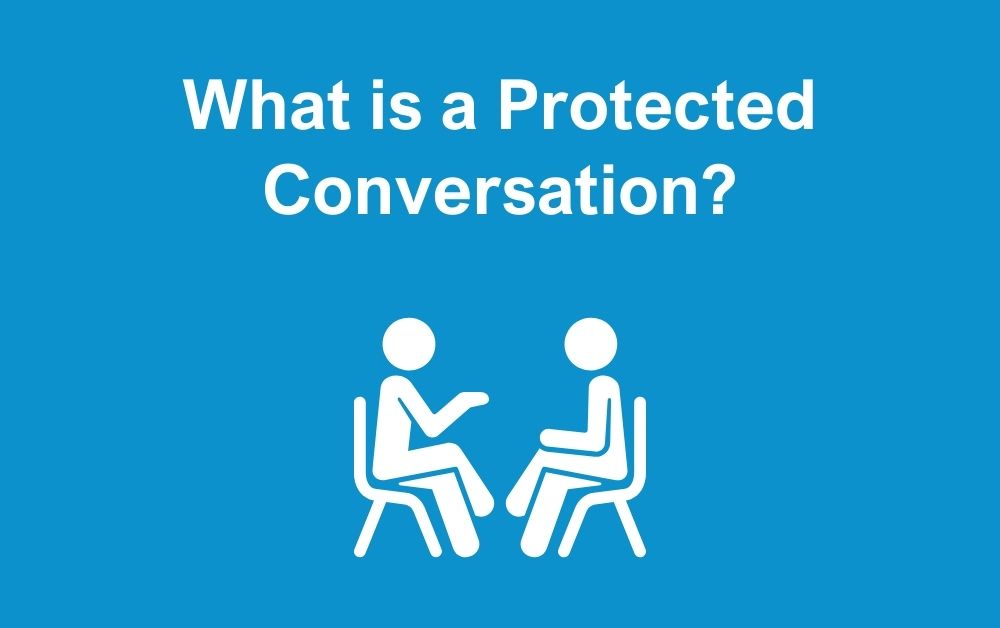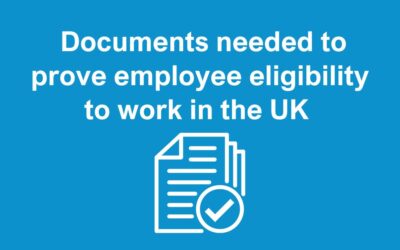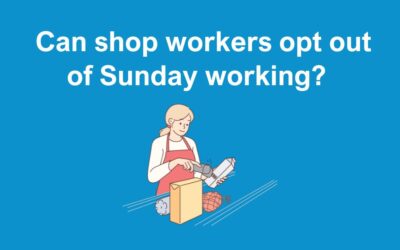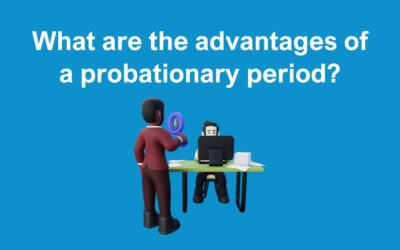In this week’s question of the week, Alistair explains what a protected conversation is.
Question
Answer
A protected conversation provides an employer who commences a conversation with an employee a view to terminating their employment under a settlement agreement. The employer can do so without the employee being able to rely on the details of the conversation as evidence in an unfair dismissal claim. This means you can have an open discussion with an employee and discuss the prospect of entering into a discussion around a settlement agreement.
This normally would come about where you have concerns about either performance, conduct or attendance and don’t wish to manage via your own procedures. Before proceeding with the discussion, you should introduce it’s a protected conversation and under section 111A of the Employment Rights Act, you wish to have a protected conversation. If you don’t do this, then the conversation may not be “protected”. You may want to either confirm this in writing before or afterwards, however in practice it’s difficult to invite someone to a protected conversation. However, you should make it clear it is a protected conversation and that the employee is happy to proceed. Simply pulling an employee to one side and offering them a lump sum to leave is not enough – that approach will likely cost you more.
The purpose of holding such a conversation with a view to a settlement agreement is to allow employers a way to facilitate an early exit of under -performing staff without the necessity of going through a lengthy process. During the conversation, you may want to get across that any settlement agreement will include a reference, helping your employee gain future employment, whereas if you dismiss on performance/conduct you are obliged to disclose this on any job reference.
Before embarking on a protected conversation, I would suggest you seek some advice.







